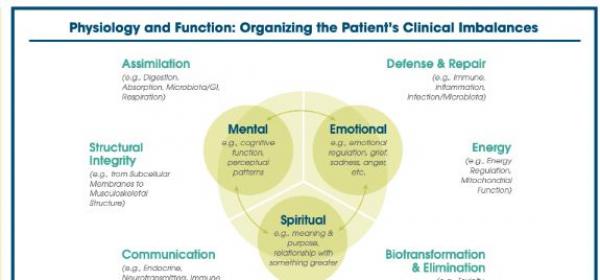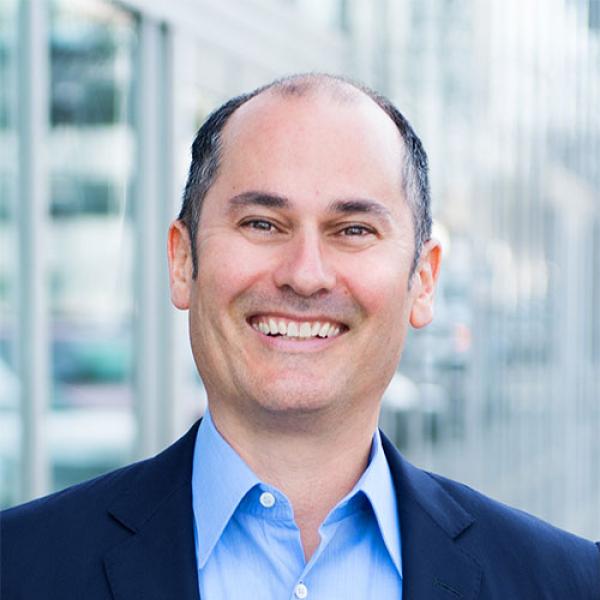Image

Functional Medicine training for chiropractic
I am a functional medicine chiropractor and have devoted my career to helping to bring more chiropractors into the field of functional medicine. For almost 20 years I’ve conducted functional medicine training for chiropractic students, both in person at chiropractic colleges and online. Functional chiropractic as a term never took off and I know years ago having “medicine” in the term functional medicine alienated some in the chiropractic field although truth be told functional “medicine” is as radically different from conventional medicine as is the art of chiropractic itself.
As a functional medicine chiropractor I’ve been able to become a teacher and mentor to hundreds of other chiropractors helping to build many successful functional medicine practices. I have found three different categories of functional medicine training for chiropractic varying depending on the age and level of practice development of the doctor. There are the older chiropractors, typically in their 50’s who have been in practice at least 20 years. Oftentimes they are pondering retirement and honestly, wondering how much longer they can see chiropractic patients with the physical nature of the job and the stress of managing chronic pain patients having worn them down. This group is always focused on giving back to their community and wanting to continue to help patients but they see functional medicine as a means to extend their career and have a “second chapter” where they focus on nutritional issues and are able to treat different conditions that may not be responsive to adjustments.
These are my easiest new students to train. They already have developed excellent patient communication and sales skills and know how to motivate patients and understand fundamentally how the healing process works. It’s simply a matter of adding in functional medicine as a tool to expand their scope and become to build a full fledged functional medicine chiropractic clinic.
Functional medicine training for chiropractic is very much adding a new skill set and layering it into your existing clinic for those folks in their 50’s looking for a new challenge. The other group of chiropractors we train are newer to the profession, sometimes still in school, and are already sure that they want part or sometimes all of their practice to be oriented around functional medicine. The third group of folks I’ve trained are in their 30’s and 40’s, they have been in practice around 10 years and see the public’s high level of interest in functional medicine and want to become a functional medicine chiropractor.
My mentorship program is based entirely on my work over the course of 25 years as a functional medicine expert who operated under a chiropractic license. For me it’s been an amazing experience. When my patients require medical care I simply refer out to a local MD and in the mean time I’m able to do all the work that I am most interested in. In the early years of functional medicine, the late 1980’s and early 1990’s when one would attend a functional medicine seminar the room would be 80% chiropractors, 15% ND’s and acupuncturists and 2-3% MD’s. Chiropractors in many ways build the profession of functional medicine and yet in the past decade I’ve seen a substantial drop off of interest in functional medicine by the chiropractic community. Let’s change that! Functional medicine has so much to offer and is really a deep extension of clinical nutrition and healthy lifestyle choices which has always been a foundation of the chiropractic treatment model.
For those interested in the mentorship program that I offer it’s based on my own personal experience of learning the work over many years. My course focused on functional medicine training for chiropractic professionals is straight forward. It’s action oriented meaning from the first few weeks you are testing and treating patients using lab based protocols. I have a one year online curriculum you study each week along with a weekly Q and A call where we go over your cases and determine the best treatment options for each individual patient. By the end of the course students have seen at least 200 cases in class in addition to patients they have tested and this creates the confidence to go out and practice the work and include functional medicine in your clinic.

